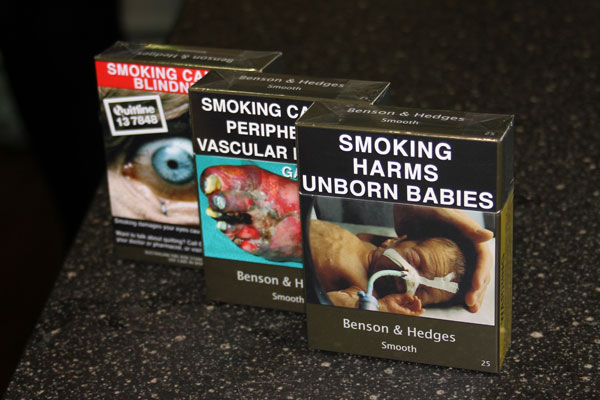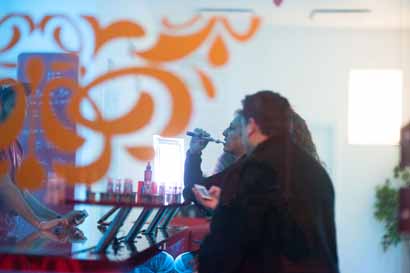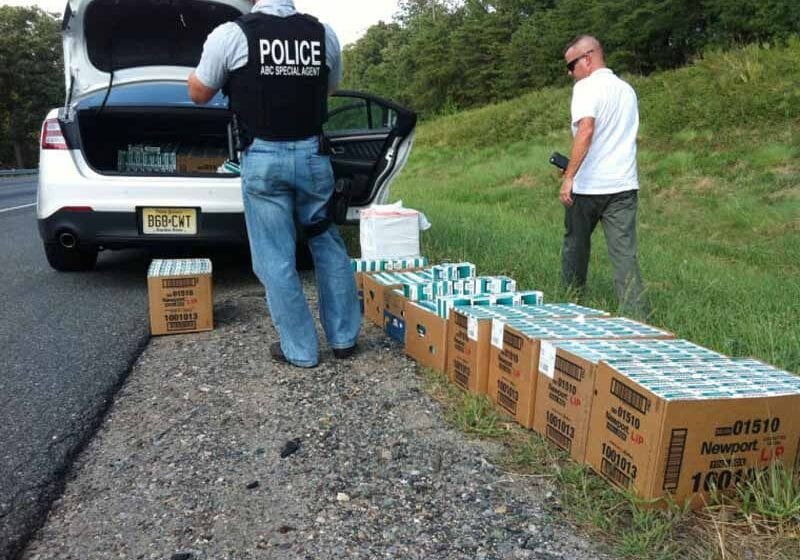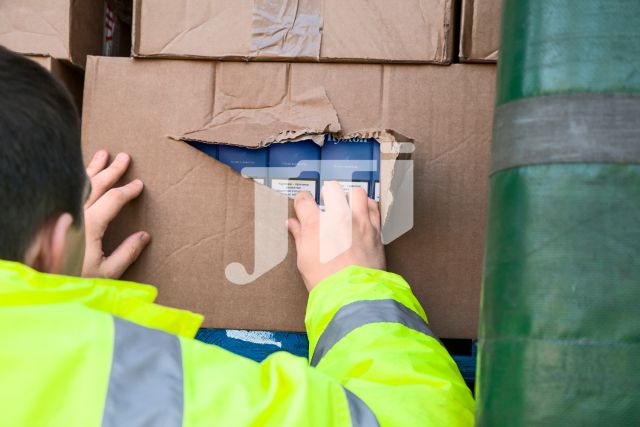The European Anti-Fraud Office (OLAF) makes every effort to co-ordinate the EU’s fight against tobacco-products smuggling, the EU Commission said yesterday.
The Commission was replying to a question from a Czech member of the EU Parliament who had questioned whether the high number of illicit cigarettes entering France should be principally a matter for the French authorities as the Commission had previously suggested.
In a preamble to his question, Tomáš Zdechovský said that, in its response to parliamentary question E-003300-18 [see TR’s story of September 21, 2018: Going it alone], the Commission had confirmed that, ‘OLAF can bring significant added value by helping co-ordinate anti-smuggling operations’.
However, in relation to the cigarettes smuggled from Algeria to France, it had stated ‘France has so far not requested OLAF’s assistance in this regard’.
‘It is estimated that the annual revenue losses to the EU due to cigarette smuggling amount to as much as €10 billion every year; France has the highest volume of illegal cigarettes in the EU, and OLAF has the unique investigative mandate to fight tobacco smuggling into the EU,’ Zdechovský said, before asking:
‘Given that the issue in France is precisely that of tobacco smuggling into the EU, should OLAF not be more proactive?’
In reply, the Commission said that OLAF was proactive and made every effort to co-ordinate member states’ actions to fight the smuggling of tobacco products into the EU.
‘A new European Commission Action Plan on fighting illegal tobacco trade, published on 7 December 2018, addresses the increasing global dimension of tobacco smuggling by proposing a combination of targeted policy and enforcement initiatives, including actions by OLAF,’ the Commission said.
‘As regards cigarette smuggling from Algeria into France specifically, OLAF has informed the European Commission that it is in contact with the French customs authorities with a view to assessing the issue and contributing to their actions to counteract this illegal business.’









